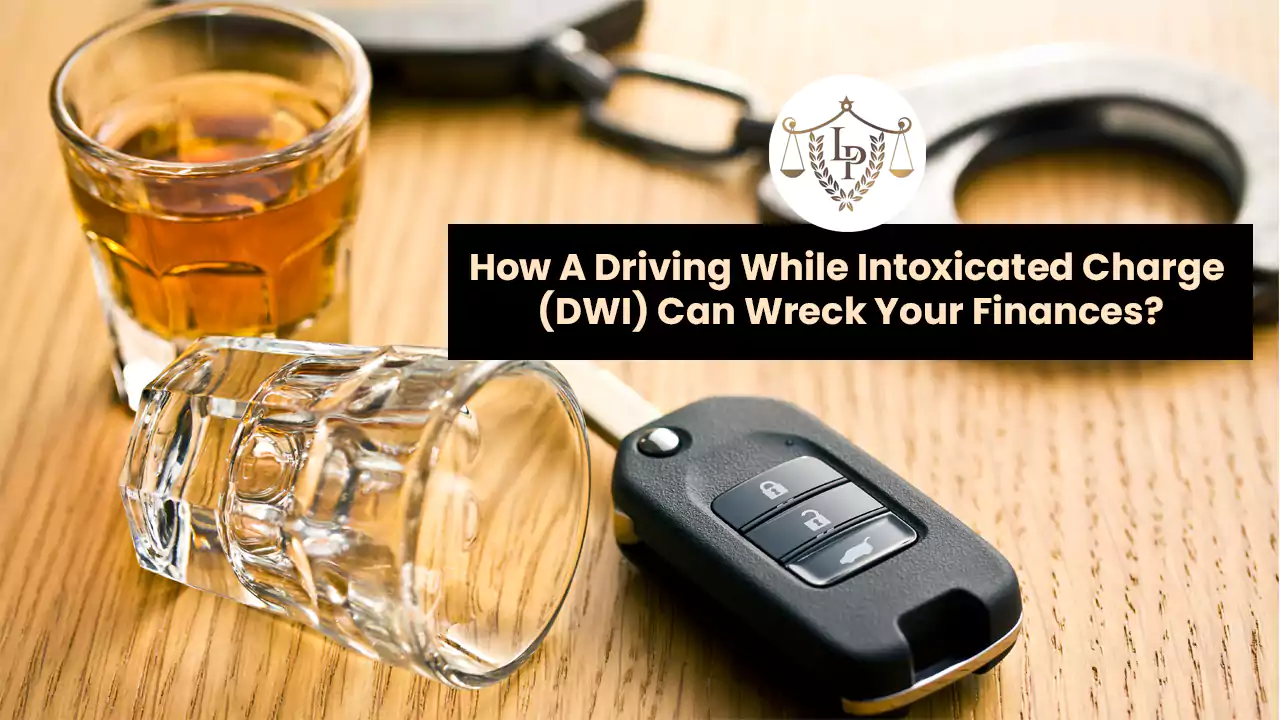How A Driving While Intoxicated Charge (DWI) Can Wreck Your Finances?
 Law Phrase 22-10-2024
Law Phrase 22-10-2024

Table Of Contents:
A Driving While Intoxicated (DWI) charge carries with it very severe consequences. First, of course, are legal ramifications. Not only do you immediately gain a criminal record, but you must also now deal with the judicial system and face whatever justice is deemed fair. Second, such a charge also brings in major financial repercussions. The financial burden of a DWI conviction can be devastating, leaving a lasting impact on your finances. From fines and license suspension fees to increased insurance premiums and court costs, the monetary toll can add up quickly.
According to the expert at Tad Nelson Law, many people facing a Driving While Intoxicated charge severely mis-calculate the financial liabilities such a charge creates. This becomes an especially major hurdle when looking for expert legal representation. While some financial costs are immediate, others may take a while to manifest. As such, it’s extremely important to have an awareness of these costs.
Fines
The immediate financial consequences of a DWI conviction are the hefty fine. First-time DWI offenders can face fines up to $2,000. For subsequent offenses, the fines increase substantially, with second and third offenses potentially costing up to $10,000.
License Suspension Fees
A DWI conviction often results in the suspension of your driver's license. In Texas, reinstating your license after a suspension requires paying a reinstatement fee, which can range from $100 to $200. Additionally, there are surcharges imposed by the Texas Department of Public Safety (DPS) that must be paid annually to keep your license once it’s reinstated.
Increased Insurance Premiums
One of the most long-term financial consequences of a DWI conviction is the spike in your car insurance premiums. After a DWI, you’ll likely be considered a high-risk driver, which can result in your insurance rates doubling or even tripling. In some cases, insurance companies may drop your coverage entirely, forcing you to seek more expensive insurance policies.
Lost Wages
A DWI conviction can also impact your ability to work, particularly if your job requires you to drive. If your license is suspended or if you must serve jail time, you may lose your job or miss significant amounts of work, resulting in lost wages.
Potential Alcohol Education Programs
As part of a DWI sentence, many offenders are required to attend alcohol education or rehabilitation programs. These programs are designed to educate individuals on the dangers of driving under the influence and help prevent future offenses. However, fees for these courses can range from $100 to $500!
Court Costs
Beyond the fines associated with a DWI conviction, you’ll also be responsible for paying court costs. These expenses include administrative fees, costs for filing motions, and any other charges related to your legal proceedings. Court costs can vary but typically range from a few hundred to a few thousand dollars.
Bail Charges
If you are arrested for DWI, you will likely need to post bail to be released from jail while awaiting trial. Bail amounts can vary based on the severity of the offense, but they typically range from $500 to $5,000 for first-time offenders.
Ignition Interlock Device
In many DWI cases, especially for repeat offenders, the court may require you to install an Ignition Interlock Device (IID) in your vehicle. This device requires you to pass a breathalyzer test before your car will start. The cost of installing and maintaining an IID can add up, with expenses easily exceeding $1,000.
Being aware of these financial consequences can make a very strong case for why driving while intoxicated is overall a bad decision. However, one bad decision should not dictate the entire future trajectory of your life! If you’ve found yourself dealing with such a charge, it’s essential to engage the services of an expert local attorney!

